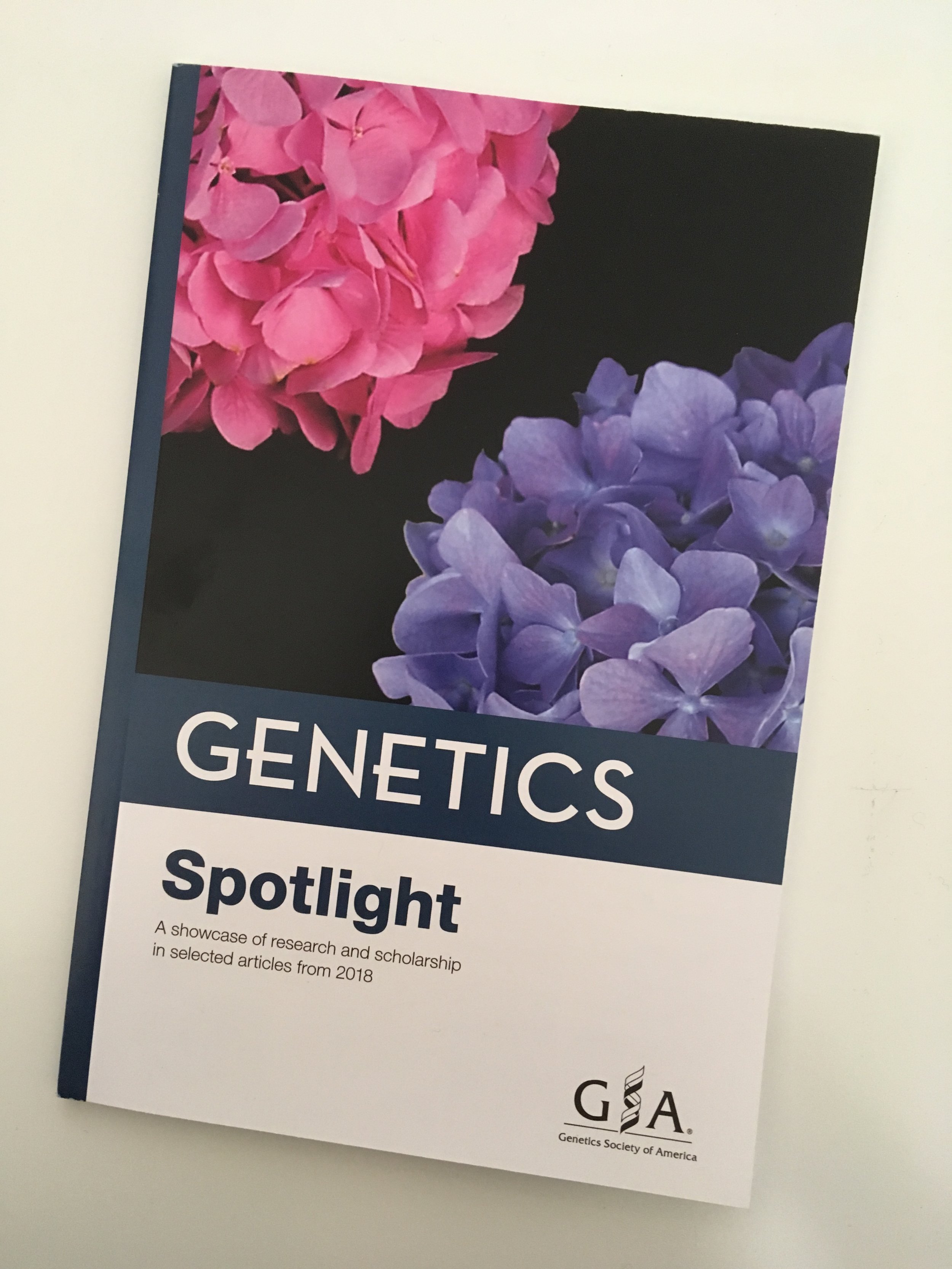Abigail Wallin and Uma Knaven both received Summer Research Awards. Congratulations and welcome!
Kelsie Hunnicutt received a Grant-in-Aid of Research Award from the American Society of Mammalogists!
Brooke Washburn just received a Theodore J. Cohn Research award!
The Larson Lab is collaborating with Scott Taylor and Nolan Kane at the University of Colorado Boulder to organize a graduate training workshop for visualizing large genomic datasets. So far, we have received funding from the American Genetics Association (Special Events Award) and the University of Colorado Boulder. More about information about the workshop will be available in the fall.
Visualizing Genomic Data Workshop
Complex datasets are hard to visualize, yet effective communication of results to both the scientific community and to the public requires clear visualization. The Visualizing Genomic Data Workshop will provide participants with the necessary skills and background to produce clear, effective, and attractive figures from their genomic data. Further, the workshop will act as a catalyst to help graduate students and postdocs within the greater Rocky Mountain area develop broad professional networks.
Our paper won the 2018 GENETICS Editors’ Choice Award for Population Genetics!
The Evolution of Polymorphic Hybrid Incompatibilities in House Mice
Erica L. Larson, Dan Vanderpool, Brice A. J. Sarver, Colin Callahan, Sara Keeble, Lorraine L. Provencio, Michael D. Kessler, Vanessa Stewart, Erin Nordquist, Matthew D. Dean, and Jeffrey M. Good
Genetics July 2018 209: 845–859
Reproductive barriers are often assumed to arise from fixed genetic differences between species, despite frequent individual variation in the strength of reproductive isolation between populations. Larson et al. report polymorphism at several hybrid male sterility loci in house mice, and their results demonstrate that selection against deleterious hybrid interactions can drive the introgression of hybrid incompatibilities, highlighting the need for more extensive sampling of natural variation in speciation studies.
